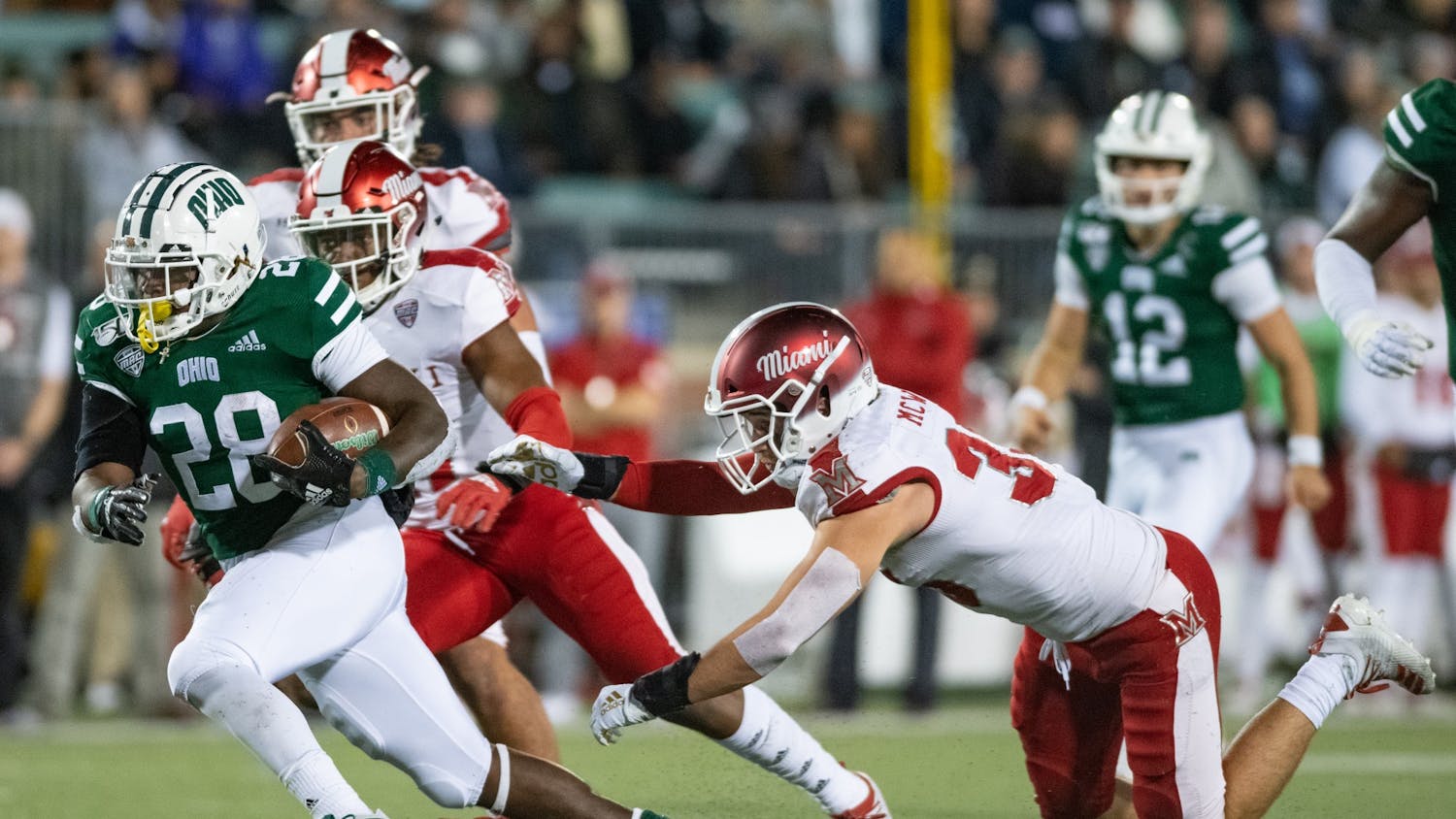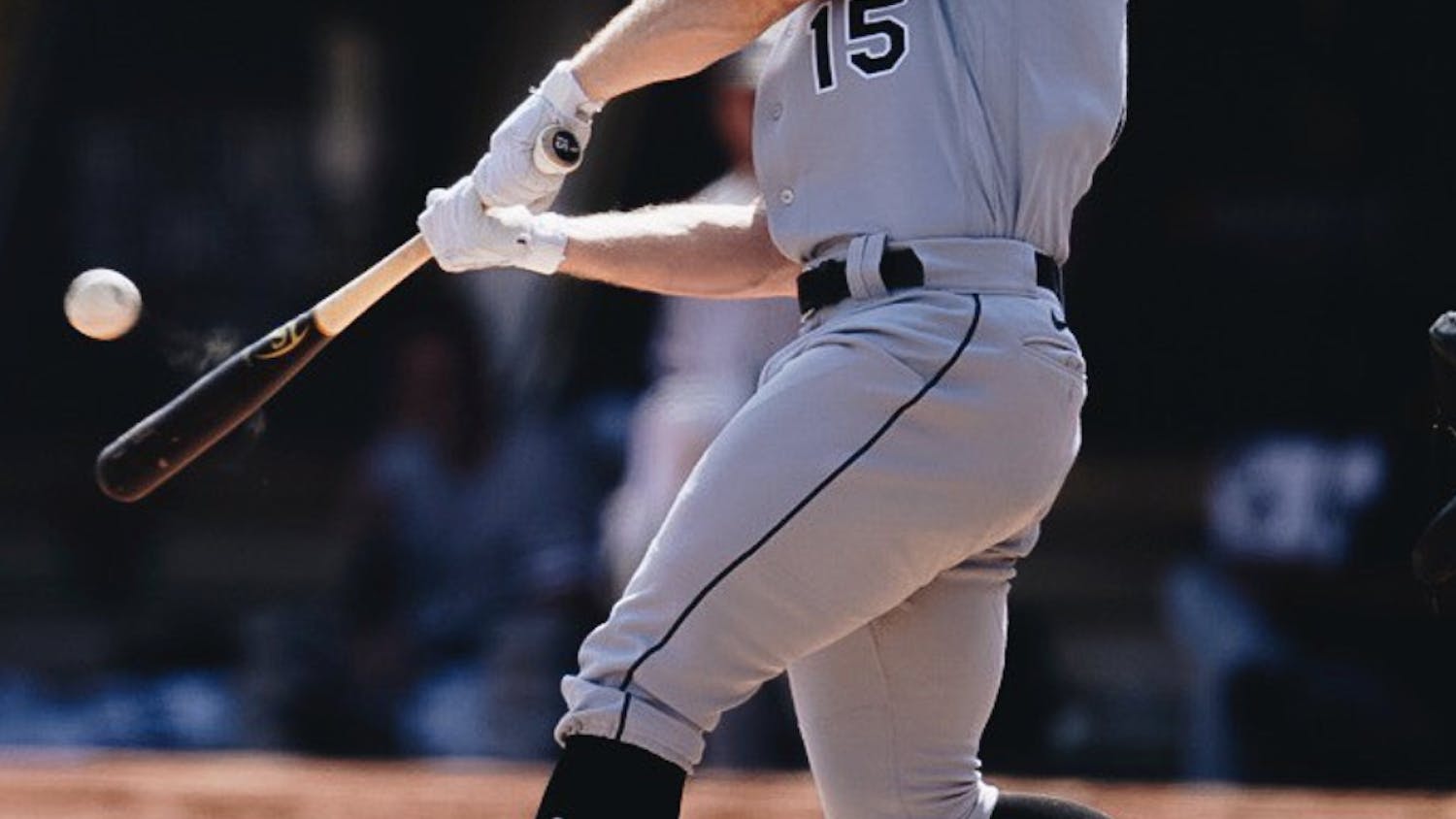It would be harder to botch the Tua Tagovailoa concussion incident more than Head Coach Mike McDaniel and the Miami Dolphins did. The Dolphins quarterback was hospitalized after Miami’s Thursday night game when he hit the back of his head on the ground during a sack. He had the fencing response once he took the hit, which signifies a serious head injury. The Sunday before, Tagovailoa stumbled off the field after taking a hard hit and was evaluated for a concussion.
Obviously, the physician who determined he was okay to return to the field Sunday did not do their job. They were recognized as an unaffiliated neurotrauma consultant who assisted the team doctor for the Dolphins, and was later fired after Tagovailoa was knocked out during the Thursday Night matchup with the Bengals. The team claimed Tagovailoa suffered a back and ankle injury, which was why he struggled to walk off the field. This seemed to be blatantly false considering how the rest of the situation played out.
Tagovailoa was at serious risk of suffering second impact syndrome, which is basically getting a second severe concussion before the first truly heals. It can often be fatal, and if that were the case with Tagovailoa, the entire narrative would shift. He was put at a serious risk of dying on the field that night.
I dealt with a severe concussion in high school and can tell you that passing the concussion protocol is entirely separate from not having a concussion. The NFL’s concussion protocol deals with more of gross motor instability and severe risk of brain damage over some of the other neurological symptoms that are usually associated with a concussion.
In every exam that I took I was able to maintain my balance, stay alert and be aware of all of my surroundings. My immediate memory of the event was well intact but I battled with word recollection, struggling to read and write for long periods of time, short term memory and feeling like the symptoms would never end for months after the initial injury.
Concussions can be extremely debilitating and are not easy to recover from. Usually a player returns from a concussion after a week in football, but the mental aspect takes a lot longer to heal from than the initial headache that comes after the impact. Based on my experiences, I truly believe the shift from returning in a week from a concussion should be closer to one to two months. I’m not a doctor, but I know how hard it can be to recover from one.
It is the responsibility of the medical staff and the coach to protect players from themselves because players will almost always feel like they can play. It’s part of the love for the game in putting your body on the line to play.
McDaniel needed to step up and take accountability for the team’s mistakes, but all he did was double down on his decision to start him for the Thursday night game. He also mentioned that he watched a movie with Tagovailoa on the flight home and that they laughed together on the ride.
Congrats! So he’s not braindead. Also, literally rule number one of having a concussion is to limit screen time, especially immediately after the injury. The pressure of an airplane isn’t the best thing for a head injury either.
McDaniel also stated, "The best news that we could get is that everything is checked out, that he didn’t have anything more serious than a concussion."
It’s clear that McDaniel has zero concept of head injuries. He was negligent of Tagovailoa’s well-being and is too ignorant to understand the faults the team made. If there is medical malpractice and the training staff says he’s good to go, that’s not exactly on McDaniel if he’s just going with what he’s being told. With that being said, the head coach needs to be the last line of defense to defend the players.
In response to the incident, the NFL immediately changed the rule that if a player shows any signs of instability, they are automatically ruled out for the rest of the game. I think this is a step in the right direction, but I hope there is a shift in understanding just how dangerous and debilitating concussions can be for football players and athletes in general.
Christo Siegel is a junior studying journalism at Ohio University. Please note that the views and opinions of the columnist do not reflect those of The Post. Do you agree? Tell Christo by tweeting him at @imchristosiegel.






